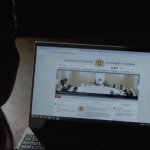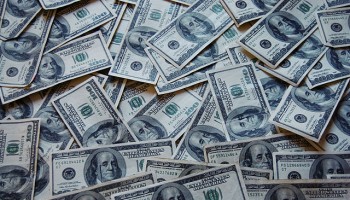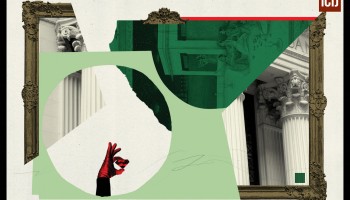All three examples are cited by a newly released report by Global Financial Integrity, a Washington-based think tank, which describes how dirty money has flowed through U.S. real estate, a sector that has proven popular for kleptocrats, criminals, and corrupt government officials to stash illicit funds.
The report stressed the need for more robust and targeted regulations and reform of current practices in real estate.
The conclusion was made after an analysis of a database of more than 100 real estate money laundering cases from the U.S., UK, and Canada from 2015 to 2020.
“The findings of the report demonstrate that the current approach of the U.S. is woefully inadequate, and that the country’s real estate sector poses significant national security risks by continuing to be a safe haven for criminals and kleptocrats,” the report reads.
At least US$2.3 billion has been laundered over the past five years through U.S. real estate, according to the report, though the estimate, which draws only on reported and known cases of money laundering, is almost certainly just a fraction of the real amount. By comparison, in the same timeframe, at least $1.1 billion and $626 million were laundered in the U.K. and Canada, respectively.
Real estate is preferred by organized criminal groups and corrupt officials as a vehicle for money laundering since its value is generally stable and appreciates over time, which lets criminals accumulate wealth and potentially turn an illicit investment into a legitimate one through rentals or development. Real estate deals are also subject to limited oversight, in contrast to bank accounts, which makes it easy to hide and protect ill-gotten wealth.
More than 80% of all U.S. cases involved money coming from abroad, and in 82% of cases, anonymous shell companies or complex corporate structures helped mask the identity of the property’s real owners.
Over half of U.S. real estate money laundering cases analyzed by the authors of the report involved a “politically exposed person” — that is, someone who’s been entrusted a position of public influence and power, making them at higher risk to be involved in corruption. That presents a problem, the report says, since identifying who is and is not a politically exposed person has been seriously underemphasized in current regulation.
The U.S. has one of the weakest regulatory frameworks to counter real estate money laundering amongst the G7 — an intergovernmental forum that also includes Canada, France, Germany, Italy, Japan, and the United Kingdom — despite being historically one of the first to target it.






